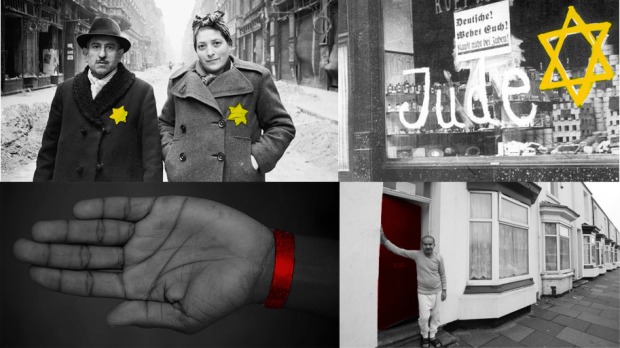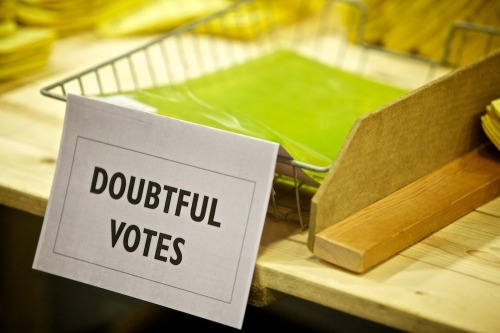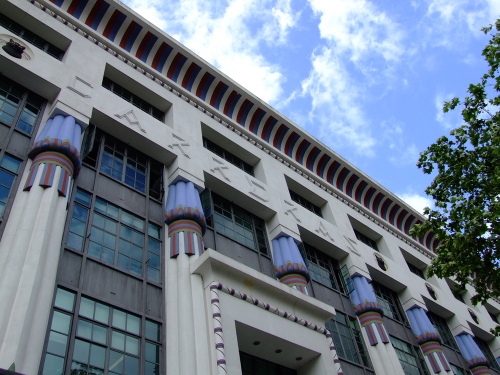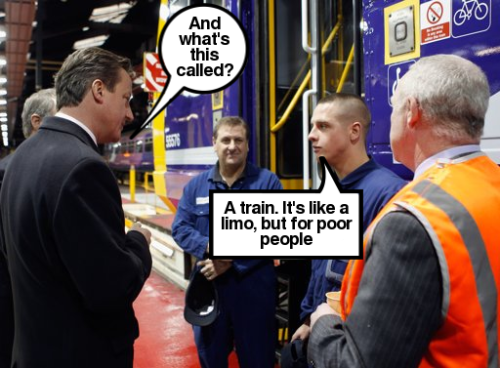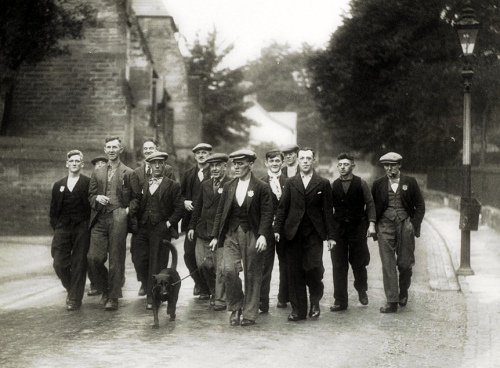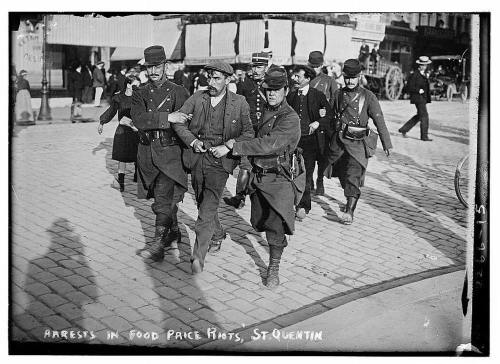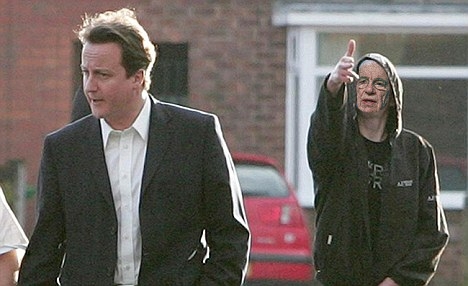If you listen to the business news on the Today programme or read the inside pages of the Financial Times, you may have spotted something called "LIBOR".
LIBOR is the interest rate banks charge to each other. Because banks are big and have vaults stuffed with money, it's a low-risk deal to lend money to other banks and the rates are therefore only slightly more than the base rate of the central bank in question. A few years ago the rate rose significantly as the risk of the money a European bank was lending would go to an insolvent US bank increased. It wasn't possible to say with confidence which US bank was insolvent. If I presented you with a bowl of strawberries and said "one of these is rotten but the rest are fine", you'd likely reject the entire bowl. The markets did the same: they stopped lending money to the US banks because one of them was rotten. We called it the "credit crunch", and ultimately it brought down a number of banks and then the economy itself.
This rate has started to rise again, this time propelled from the other direction: the US banks are frightened that a European bank is secretly insolvent. There are a number to pick from: many large multi-purpose banks in France and Germany have heavy investments in Spain, Greece and Italy. If any of those countries defaults or if any banks in those country go bankrupt, there will be a domino effect that eventually will hit the US banks. So the liquidity in the markets starts to dry up again.
Last time round we pumped money into the system. We underwrote the losses of the banks, encouraged weak banks to merge into strong banks, even bought capital in the failing banks to keep them afloat. The reason was stark: the crisis wasn't anticipated. If allowed to play out, the next morning that cash machines would empty and not be refilled. Shops would not get a float delivery from Securicor. People paid in cash would go unpaid. People paid by BACS would be unable to access the money. The world as we knew it would've stopped.
This time, I suggest, things are different. If we see this happen again, we must let the banks fail.
Not, of course, an undisciplined collapse — more like controlled demolition. It should be easy, with forewarning, to protect the money of ordinary savers and the loans of ordinary mortgage payers. It should be easy to transfer these assets and liabilities to one of the state-owned banks we got last time round. If governments move quickly, they can take the ordinary accounts, the current and mortgage accounts, the savings accounts, the stuff people in the street like us have and move them to a safer place. The remaining sick bank left behind should be allowed to fail and take the bad debts with it.
To a degree we did this last time, especially with Northern Rock, but we made the startling error of taking on the bad debts with the good and leaving that badness on the government's books. We even facilitated Northern Rock taking the most profitable part of its business and moving it off-shore, out of the reach of the government. Last time we paid for the banks' mistakes. This time we must seek to profit from them in some way.
It's odd to hear such words coming from the keyboard of an old-fashioned socialist like me. But as long as the savings and houses of the ordinary people are protected, I don't give a stuff what happens next. The banks and the markets are not the real enemy anyway: the real enemy is and always has been unemployment. Rescuing the banks ruined the economy. This increased unemployment. I'm willing to bet that letting them fail won't be as bad. If it costs nothing to the government and sweeps away a lot of unsound debt, the increase in unemployment should be less than what it would've been with another rescue. It'll also be quicker to bounce back from.
Why is unemployment the enemy? Because unemployment, any unemployment, is a very bad thing. It's bad for the unemployed person, left almost penniless and subject the humiliation of claiming Jobseeker's Allowance. It's bad for the unemployed person's spouse, left working harder or scrimping further. It's bad for the unemployed person's children, left hungry and uncertain. It's bad for the unemployed person's community, as ordinary transactions dry up and more businesses fail leading to more unemployment. It's bad for the unemployed person's region, struggling to get investment as potential employers would rather invest were there is less??depravation. It's bad for the the unemployed person's country, because high unemployment goes hand in hand with rich people getting richer and poor people getting poorer; eventually, you have riots and looting.
In a land with total employment, the workers have power. You're difficult to replace; the company wants to keep you and will invest in your skills and raise your wages and generally try to be seen as benevolent to keep you in your job.
In a land with high unemployment, the companies have power. You're easy to replace; the company doesn't care if you leave and can hire someone with skills rather than training you. The company knows you won't ask for high wages because you fear replacement by someone cheaper. They don't have to appear to be benevolent — they can act like bastards to extract more work from you. If you don't like it: go and be unemployed instead.
Of course, there was a flip-side to this. Full employment in Britain brought real power to the workers and we misused it. We tried to use it to bring down governments (succeeding twice). We tried to use it to screw fantasy money and non-productive jobs out of employers who then went bankrupt. We tried to use it to force the government to buy the failed businesses to keep us in work (and succeeded: think British Leyland). But the answer to this was not what Thatcher did — deliberately create unemployment, foster it to destroy the workers' power and then stigmatise the unemployed to keep the fear of unemployment high. There were many, many other ways that wouldn't've destroyed so much of urbanised Britain without creating a permanent hard-core of unemployable people, whose children and grandchildren are now on our streets, equally unemployable.
But the idea is still in the minds of economists and politicians. If unemployment is over 2 million, the workers will remain powerless and the corporations will make more money faster. They rescued the banks last time knowing that it would push unemployment up. Next time, they should let the banks fail gracefully, otherwise we're going to keep rescuing them again and again and each time we'll push unemployment up more.
